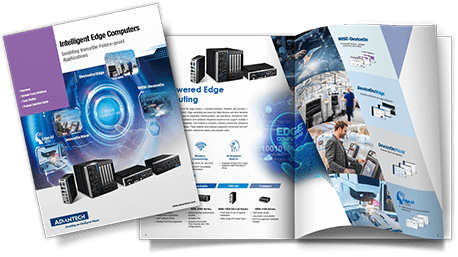Versatile I/O & Flexible Expansion
- High-speed 2.5GbE/10GbE and PCIe Gen4
- Supports TSN, CANbus, and NVMe interfaces
- Application feature extensions with iDoor modules
Edge computing use cases are highly diverse, driving the need for an ecosystem of technology, integration, implementation, and operational capabilities. Advantech’s ARK intelligent edge computers provide the best solutions for your AIoT applications — such as factory automation, self-service kiosks, and computer vision. Our solutions highlight these features:
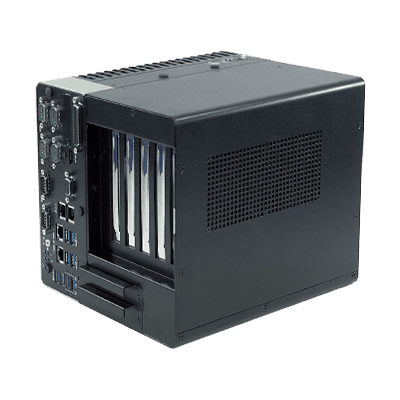
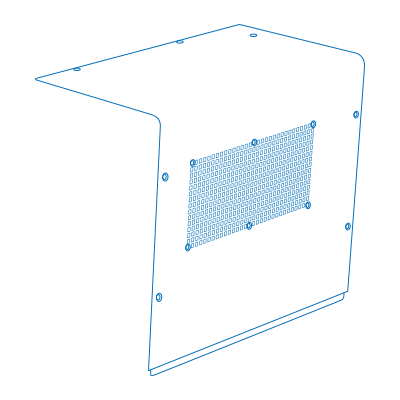
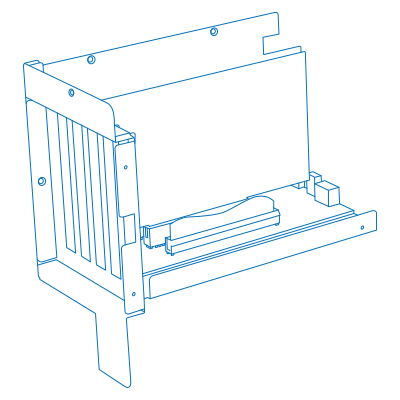
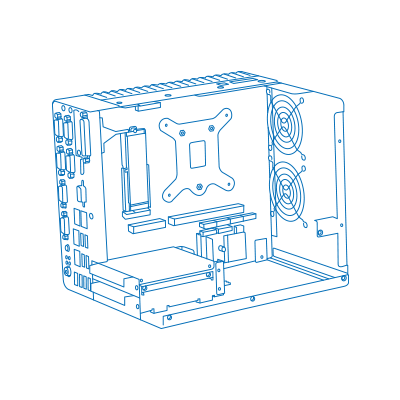



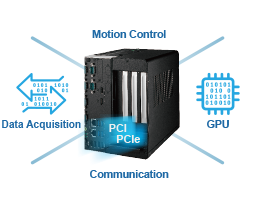
High performance: 12th, 13th & 14th Gen Intel® Core™
Multifunction: flexible PCI/PCIe/IO expansion
Remote management: iAMT, DeviceOn
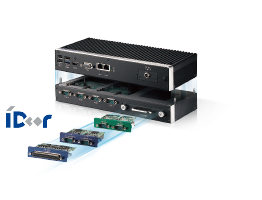
Medium-to-high performance: Intel® Atom® and up to 13th Gen Intel® Core™
Multiple expansion: I/O customization flexibility with 10+ iDoor modules
Designed for harsh environments: wide operating temperature and IP4X ingress protection
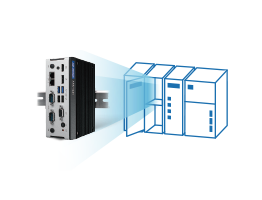
Easy installation: supports DIN-Rail mounting with easy access
Abundant I/O: sufficient interfaces on one side (LAN, USB, and more)
Multi-functional: internal expansion with mPCIe and M.2
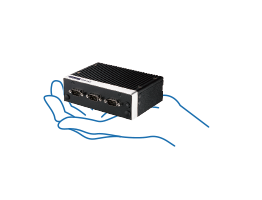
Palm-sized: ltra-small and low-power design
Essential I/O: up to 10 I/O ports
Various wireless connectivity: RF-integrated and certified with multi-level security
Advantech ARK series fanless embedded systems have various safety certifications, including CE, FCC, CCC, UL, CB, and BSMI, in more than 30 countries. With VoC ready for IEC 62443-4-2 compliance, the ARK products are well-equipped to ensure robust cybersecurity for industrial control systems.

Equipped with EdgeBMC (Edge Baseboard Management Controller), our high-performance edge computers offer advanced remote system monitoring, management, and troubleshooting capabilities specifically designed for unmanned and industrial applications through Out-of-Band Management (OOBM). Operating independently of the main operating system (OS), EdgeBMC ensures continuous access and control—even if the OS or BIOS becomes unresponsive. This design significantly reduces maintenance costs and minimizes system downtime.
Our DIN-rail edge computers support real-time communication through Time Sensitive Networking (TSN) technology, helping customers fulfill the needs of time-synchronized applications and IT/OT integration and accelerate intelligent manufacturing.
Managed by the IEEE 802.1 standards committee, TSN sets out to solve the network compatibility problem, allowing deterministic communication over standard Ethernet networks. It will also enable convergence of IT and OT by making it possible to manage non-time-critical data and time-critical operational data on the same network without compromising quality of service.
5G technology enhances capabilities including data transfer rates, capacity, device latency and energy consumption. Advantech’s latest edge computers support the AIW optional thermal kit, providing massive bandwidth catering to data-intensive applications such as Smart Cities and Industry 4.0.
Compared to 4G peak speed of 1 Gbps, 5G can provide 10x faster throughput, up to 10 Gbps while lag time will drop to <1 ms compared to 4G lag time 10~20 ms. 5G can connect up to 1M devices per square km, increased 100x over 4G capacity.
Updating BIOS is critical as newer BIOS versions can identify new hardware, provide new features, fix problems and most importantly of all, bring enhanced security. Many users are concerned about system boot failure after a faulty BIOS update, which could lead to higher costs and time spent in system recovery.
Advantech BIOS Top Swap Recovery technology aims to solve for such unexpected situations within the BIOS update process. With this technology, users can still boot normally the next time they boot up and ensure the integrity of the data in the SEC and PEI stages. Therefore, a CPU can correctly execute code inside the BIOS when booting, lowering the risk of a faulty BIOS update.
AI vision has two major applications in the manufacturing industry — quality inspection and safety monitoring. High-performance computing capabilities and data transmission bandwidth are required
Robotics solutions cover a wide range of applications, from AMR/AGV to robotic arms used in manufacturing plants. These solutions typically consist of a powerful control system with various sensors, actuators, cameras, and motors to perform specific tasks.
The Factory Automation market holds immense potential as industries seek to enhance productivity, reduce operational costs, and ensure consistent product quality through the integration of robotics, AI, IoT, and smart manufacturing technologies, driving substantial growth and innovation.
Reimagine what industrial Edge AI can achieve with the new Advantech ARK‑3535—a compact, future‑ready platform built to elevate automation performance.
Watch VideoAdvantech’s ARK intelligent edge computers provide software and hardware integrated solutions that empower diverse AIoT applications. Download our brochure to find our more..
Download